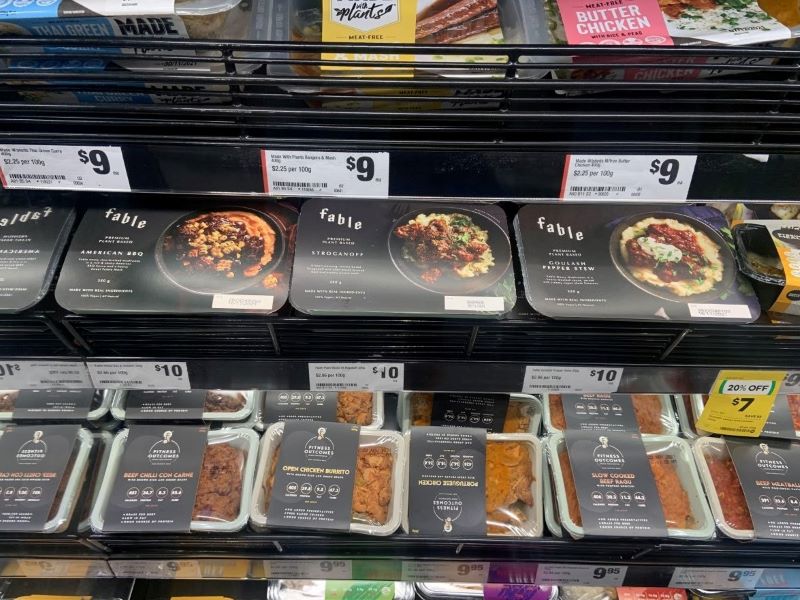A government-led Senate committee has called for restrictions, including mandatory regulation, on the marketing of plant-based meat products, due to the “appropriation” of meat terms and animal imagery by the growing sector.
The call comes despite previous inquiries finding adequate regulation of plant-based products and the Australian consumer regulator’s evidence that shoppers are not confused by the promotion of plant-based protein products.
The contradictions have contributed to accusations the latest inquiry was politicised for the interests of the meat industry.

A Rural and Regional Affairs and Transport Legislation Senate Committee report titled “Don’t mince words: definitions of meat and other animal products” was released Thursday.
It makes nine recommendations, most of which would significantly restrict how plant-based protein products can be labelled and promoted.
The recommendations include a new mandatory regulatory framework for the labelling of the products, a review of their placement in retail stores, new labelling guidelines and restricting the use of meat category brands to animal protein products.
This would mean plant-based protein companies could no longer market their products with terms like meat, beef, or chicken, could not use animal imagery in packaging and marketing and could not be placed among traditional meat products in stores or online.
“Consumers say they are confused by plant products featuring names like ‘chicken’, ‘beef’ or ‘prawns’ with pictures of those animals on the packaging and the words ‘plant based’ or ‘meat free’ printed in much smaller letters,” Queensland Nationals senator and committee chair Susan McDonald said.
However, Australia’s consumer regulator, plant-based protein manufacturers and industry groups, and Woolworths gave evidence to the inquiry that this confusion was not an issue.
The Australian Competition and Consumer Commission (ACCC) told the inquiry that of the 564,000 total complaints in the 18 months leading up to the inquiry only 17 were regarding the labelling of plant-based protein products.
Most of these complainants were aware of the nature of plant-based products but were checking the legality of their marketing, the ACCC said. The regulator confirmed several of the complaints came from meat industry groups.
The Senate committee ultimately accepted the evidence of meat industry groups and market research surveys, finding the regulator has “failed to adequately appreciate the scale of this problem, and consumer sentiment on the matter”.
The inquiry was established in June last year when the Senate Standing Committees on Rural and Regional Affairs and Transport self-referred an investigation into the current state of meat category branding in Australia.
This structure, rather than the typical reference committee, meant Senator McDonald, a former manager of a large butcher chain and a Beef Australia board member, was chair. The Coalition also held three spots, while Labor had two and the Greens one.
Greens Senator and committee member Peter Whish-Wilson said the issue should have gone through a references committee in his detailed dissenting report.
“This [committee structure] suggests the Nationals had a predetermined outcome planned for the inquiry from the outset, no matter what evidence was provided to the committee,” Senator Whish-Wilson wrote.
In his dissenting report, Senator Whish-Wilson rejected all but two of the committee’s recommendations, both relating to improving the contribution of plant-based sector’s capacity and contribution to Australian agriculture.
He said the motivation of the inquiry had been to use the report as a “political instrument to wield burdensome and near-authoritarian-like regulatory control as a weapon against a particular industry”.
“Worse still, this signifies a much greater threat to vital cornerstone of food regulation in this country, undermining the public health ethos in favour of a narrow, industry-run system,” Senator Whish-Wilson said.
Do you know more? Contact James Riley via Email.

